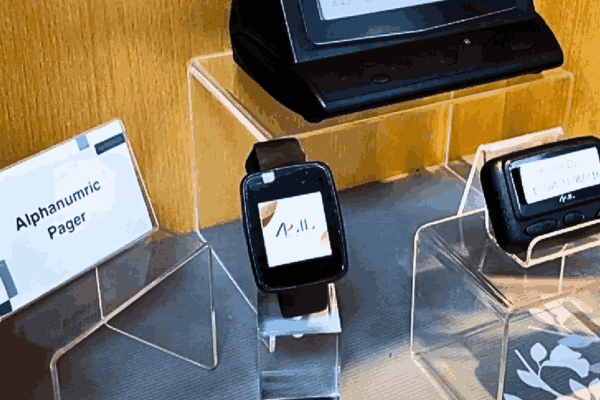THE IMPLANT
In a shocking turn of events, Gold Apollo, a Taiwanese pager manufacturer, has found itself at the center of an international incident following deadly pager explosions that rocked Lebanon. On Tuesday, hundreds of pagers used by Hezbollah members exploded, resulting in numerous casualties. These devices, reportedly purchased from Gold Apollo by Hezbollah operatives, were involved in a coordinated attack attributed to Israeli forces.
The Role of Gold Apollo
Gold Apollo’s involvement became evident when images surfaced on social media showing damaged AR924 model pagers bearing the company’s branding.
The company’s founder, Hsu Ching-kuang, confirmed that these pagers were manufactured under a licensing agreement with a European distributor named BAC.
According to Hsu, Gold Apollo only authorized the use of their brand and had no direct involvement in the design or production of these specific pagers.
The company clarified that while they shipped about 260,000 pagers from Taiwan between January 2022 and August 2024, none were recorded as being sent to Lebanon or the Middle East.
This raises pressing questions about how Hezbollah acquired these devices and whether there was a breach in the supply chain.
Why Hezbollah Chose Gold Apollo Pagers
Hezbollah’s preference for low-tech devices like pagers over modern smartphones stems from their desire for secrecy. The group has long been wary of Israeli and U.S. spyware, opting for simpler gadgets to avoid infiltration.
Earlier this year, Hezbollah leader Hassan Nasrallah even urged members to abandon cellphones, citing their vulnerability to tracking. Pagers were seen as a safer alternative—until now.
However, the explosion of these pagers reveals that even this low-tech solution was compromised. Sources claim that Israel embedded explosives in the devices during the manufacturing process, allowing for remote detonation.
This infiltration not only showcases Israel’s advanced intelligence capabilities but also exposes a critical weakness in Hezbollah’s communication network.
A Devastating Message to Hezbollah
The wave of explosions caused widespread panic, particularly in Hezbollah-controlled regions such as Beirut’s southern suburbs.
Beyond the tragic loss of life—at least nine people killed and nearly 3,000 injured—this attack sent a clear message: Hezbollah’s once-trusted communication methods have been deeply penetrated. Israeli intelligence demonstrated not only its technological prowess but also its ability to strike at Hezbollah’s core.
The Gold Apollo pager incident is likely to further shake the group’s confidence in its leadership and security measures, as its longstanding secrecy has been dismantled in such a public and devastating manner.
The Fallout from the Attack
As tensions between Israel and Hezbollah escalate, the global community watches closely. This attack raises serious concerns about the future of conflict in the region, with both sides now more entrenched than ever.
The implications of this incident extend beyond immediate casualties; they reflect broader issues of security, surveillance, and the ongoing battle for influence in a volatile region.
As investigations continue into how these pagers ended up in Hezbollah’s hands and what this means for future conflicts, it is clear that this incident has reshaped perceptions of both groups involved.
The world is left to ponder the ramifications of technology in warfare and how even seemingly innocuous devices can be weaponized with devastating effects.
Watch here : Israel blamed for Pager Explosions and Calls It a Mass Attack by Israel
Also Read : The Presidential Debate that Sets the race for the Peoples Leader




